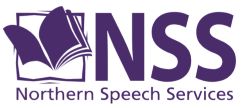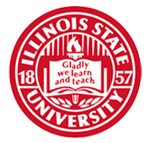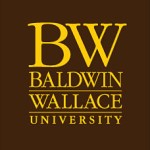Abstract
Black, Indigenous, and People of Color (BIPOC) students in higher education programs in Speech, Language, & Hearing Sciences (SLHS) experience structural racism, entering a majority white profession, while confronting social inequalities in their personal and professional communities. A vision of an antiracist decolonized antiracist curriculum enhances the integration of BIPOC students in academic programs in the field, while also facilitating the preparation of non-BIPOC students to meet the needs of a growing and diverse community of individuals with communication disorders. Such a curriculum must be comprehensively designed to include pedagogy, community-based, and research based educational activities, and to adequately prepare students to be culturally responsive within our profession. The quantity and quality of available resources on diverse populations in the field is woefully limited, so this paper exemplifies the principles of this approach through research, teaching, and community-based learning activities focused on Arab Americans, to exemplify one possible application of such curricular transformation.
Recommended Citation
Khamis-Dakwar, R.
(2021).
A Comprehensive Antiracist Framework for SLHS Education: A Sample Curriculum Related to Arab American Populations.
Teaching and Learning in Communication Sciences & Disorders, 5(3).
DOI: https://doi.org/10.30707/TLCSD5.3.1649037688.693701





